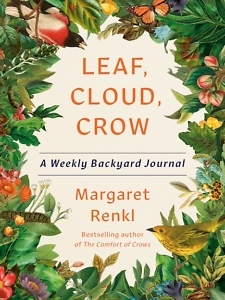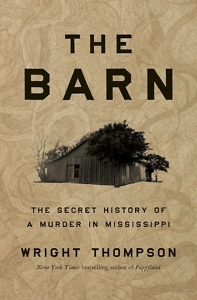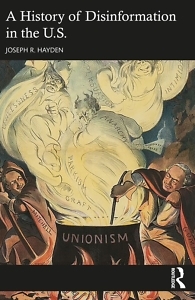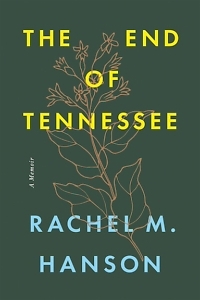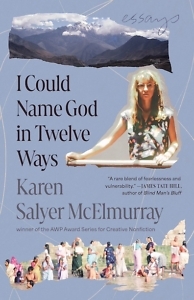Loving the World More Fully
Leaf, Cloud, Crow, a companion to Margaret Renkl’s 2023 book The Comfort of Crows, is a weekly journal organized by season, encouraging readers to look closely at the plants and creatures that surround them, “to understand them more intimately, and to love them more fully.” Margaret Renkl will appear at the 2024 Southern Festival of Books in Nashville, October 26-27.

